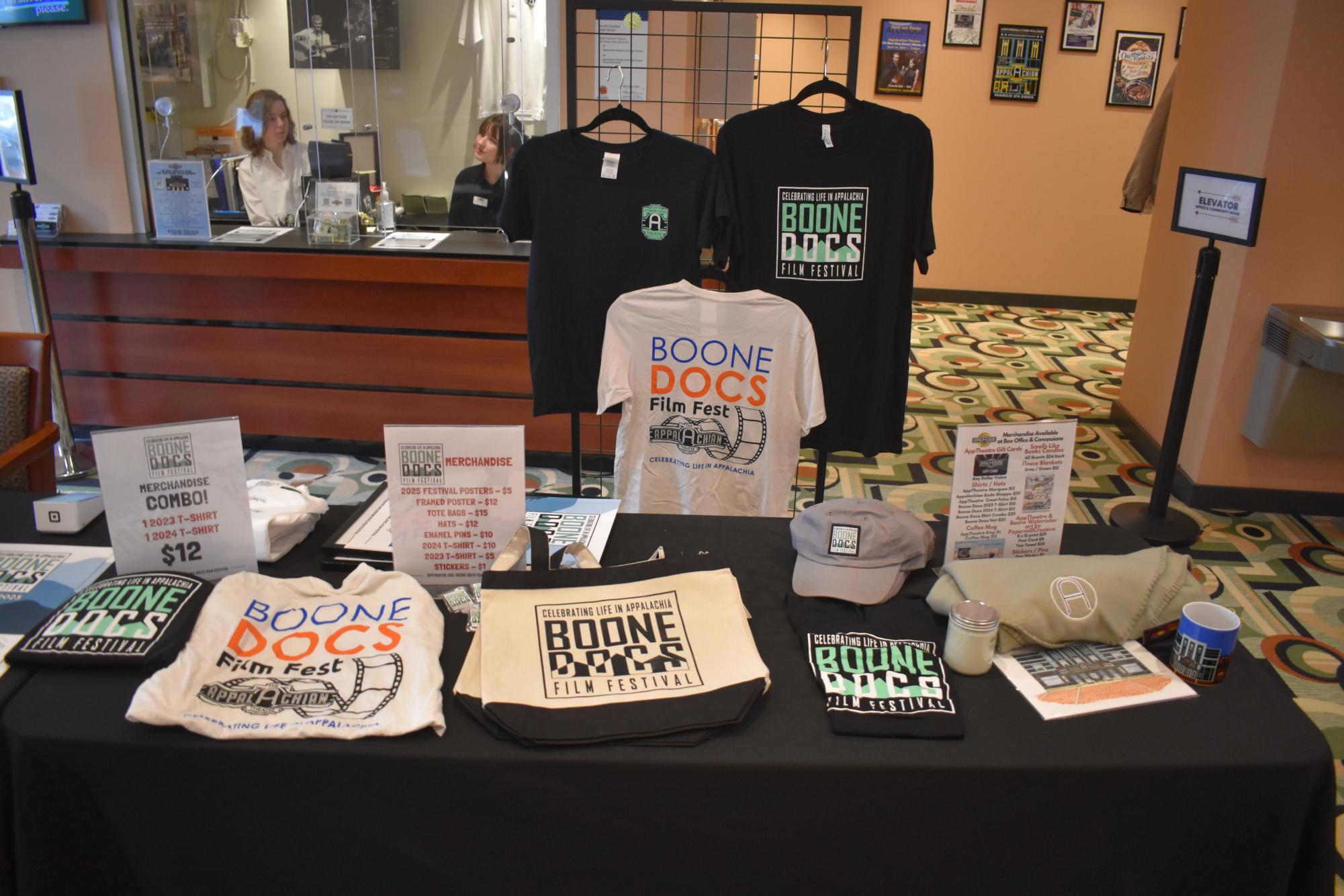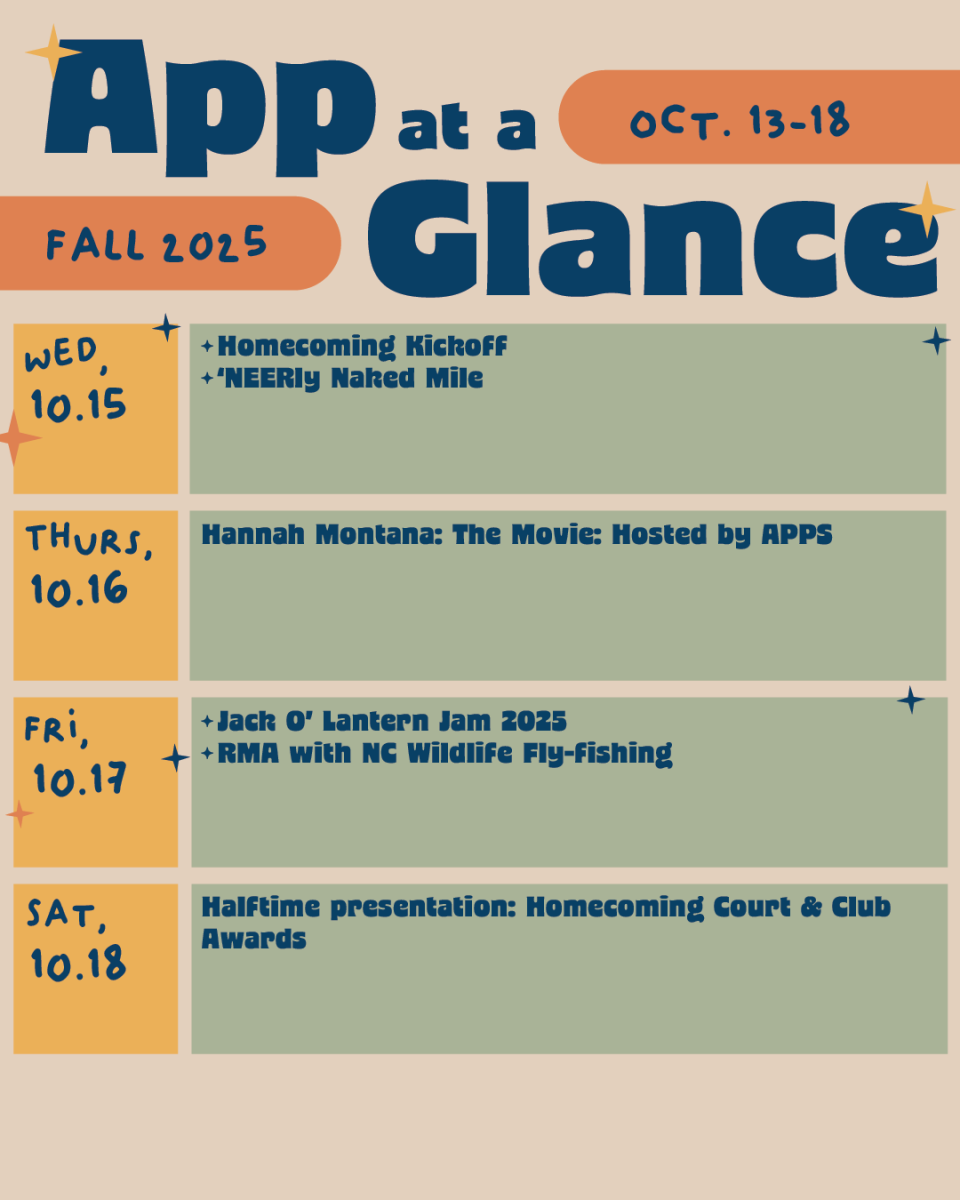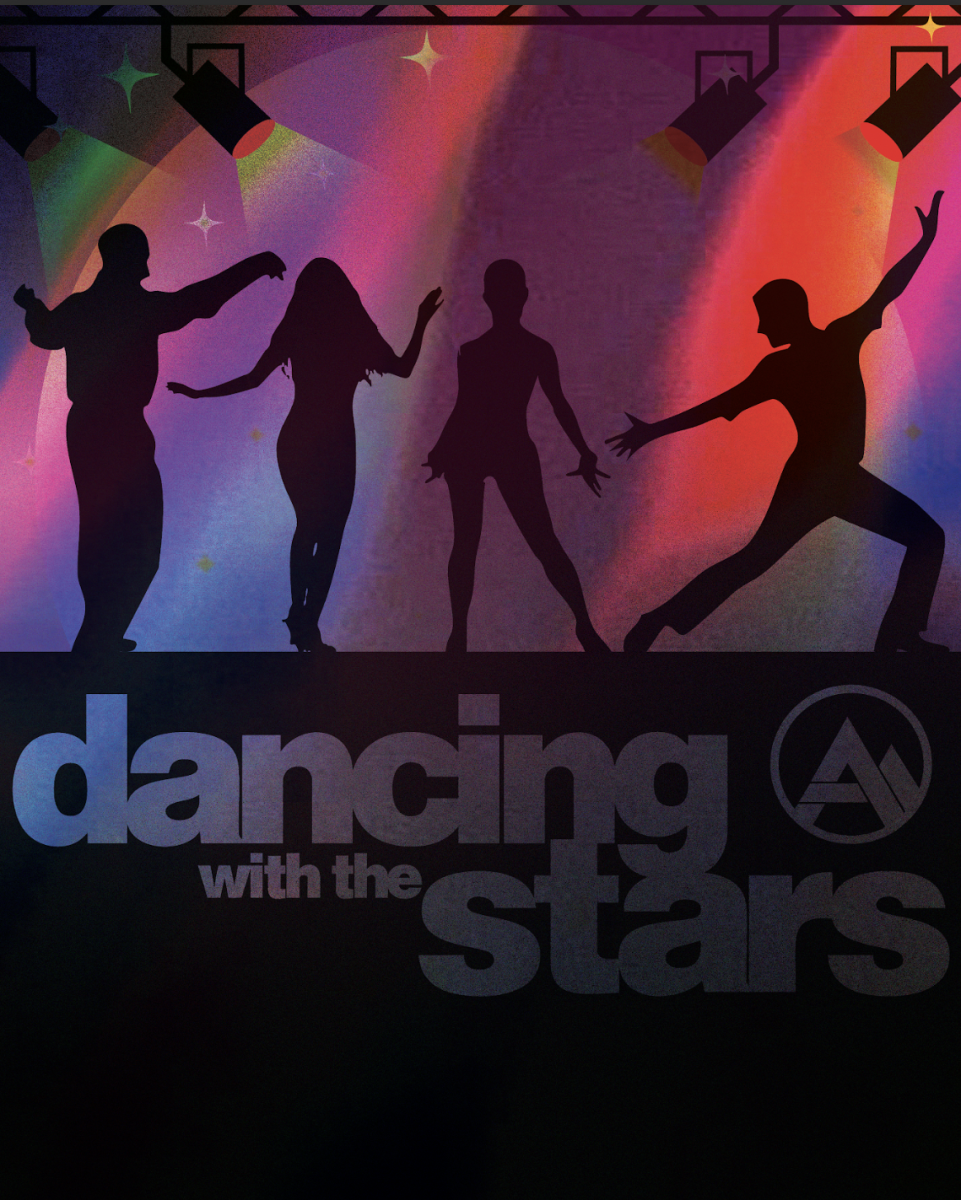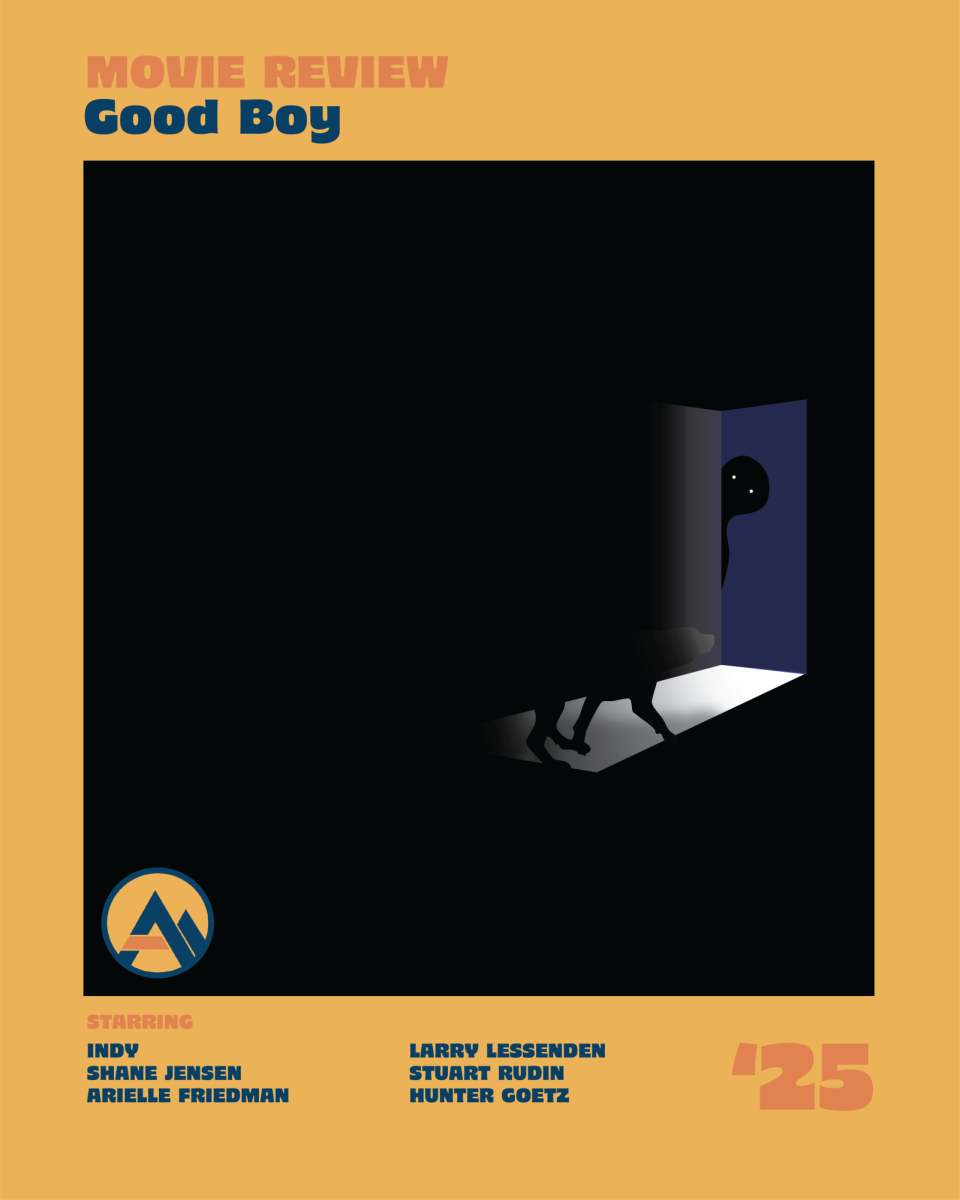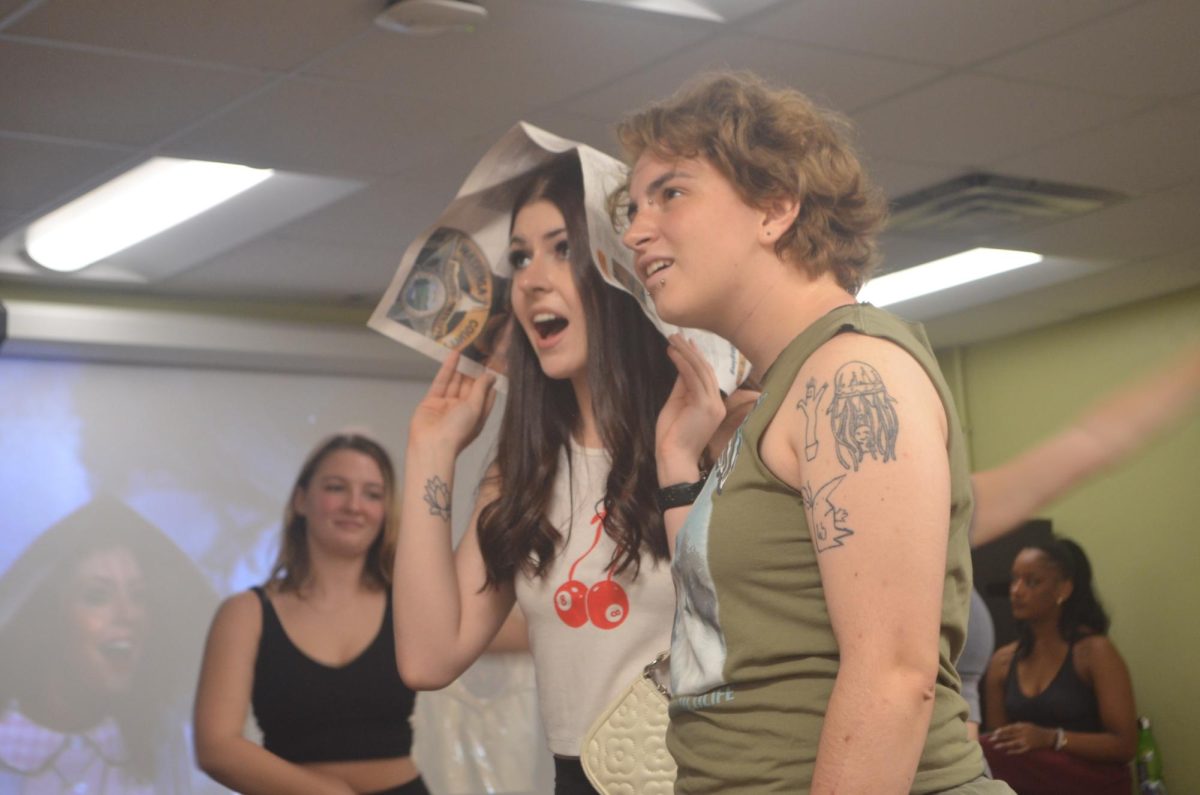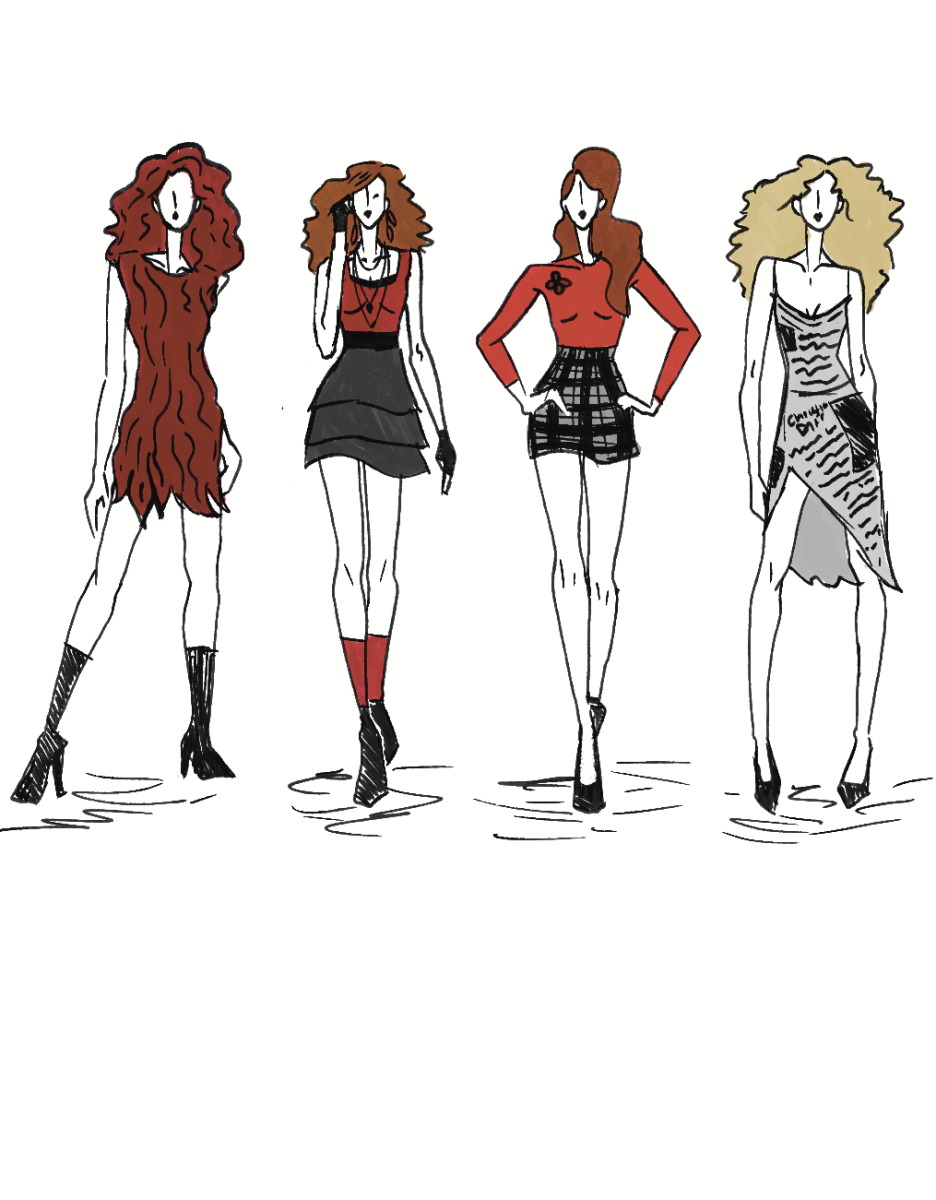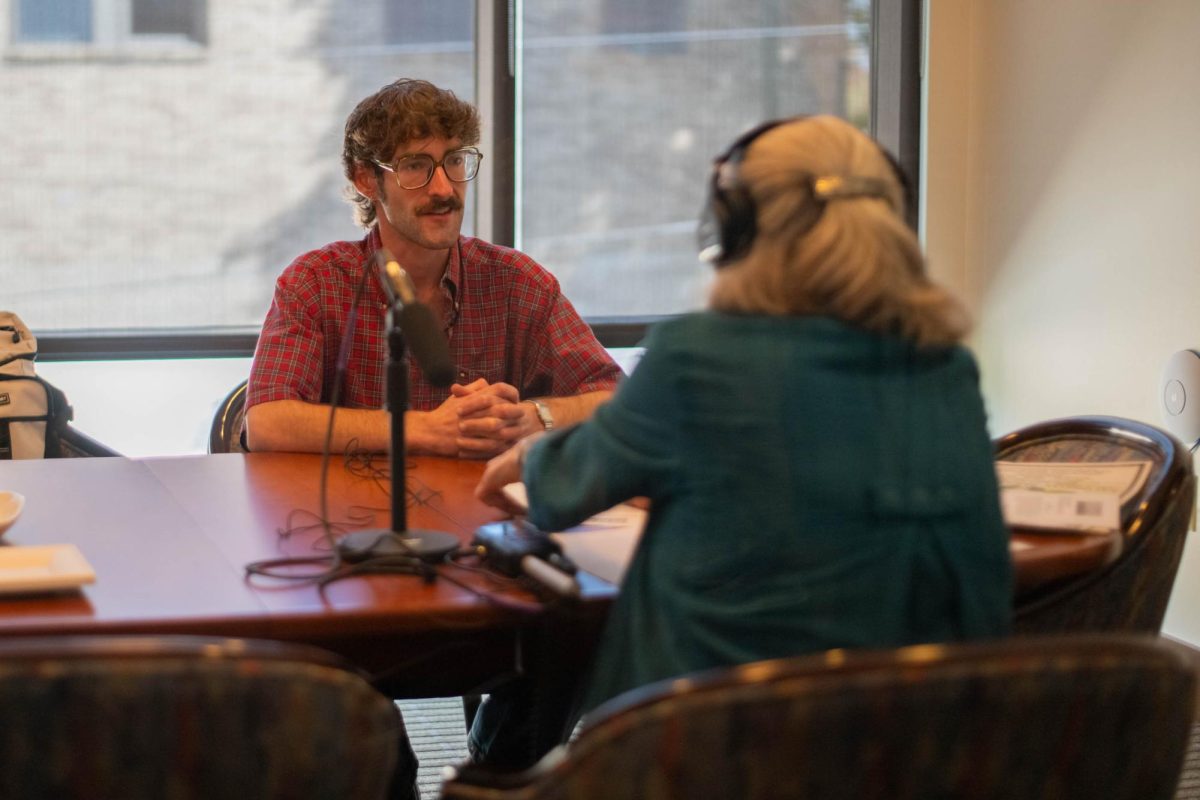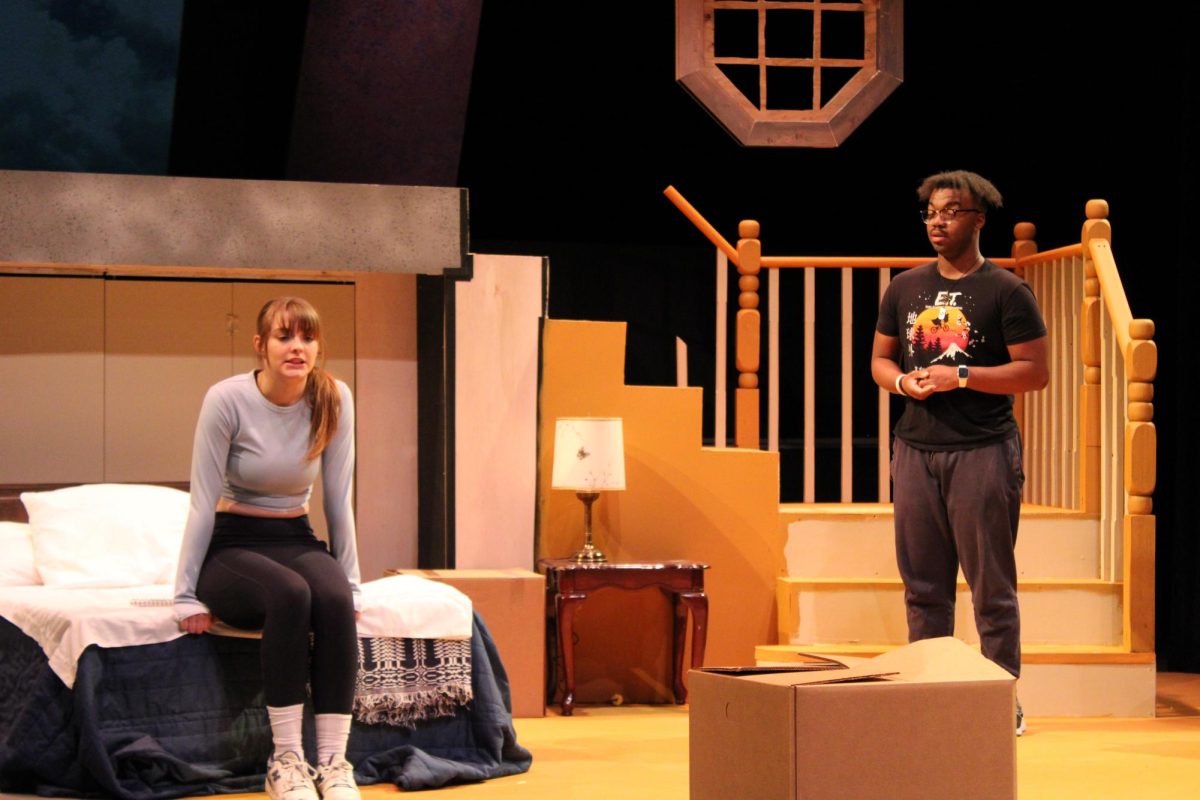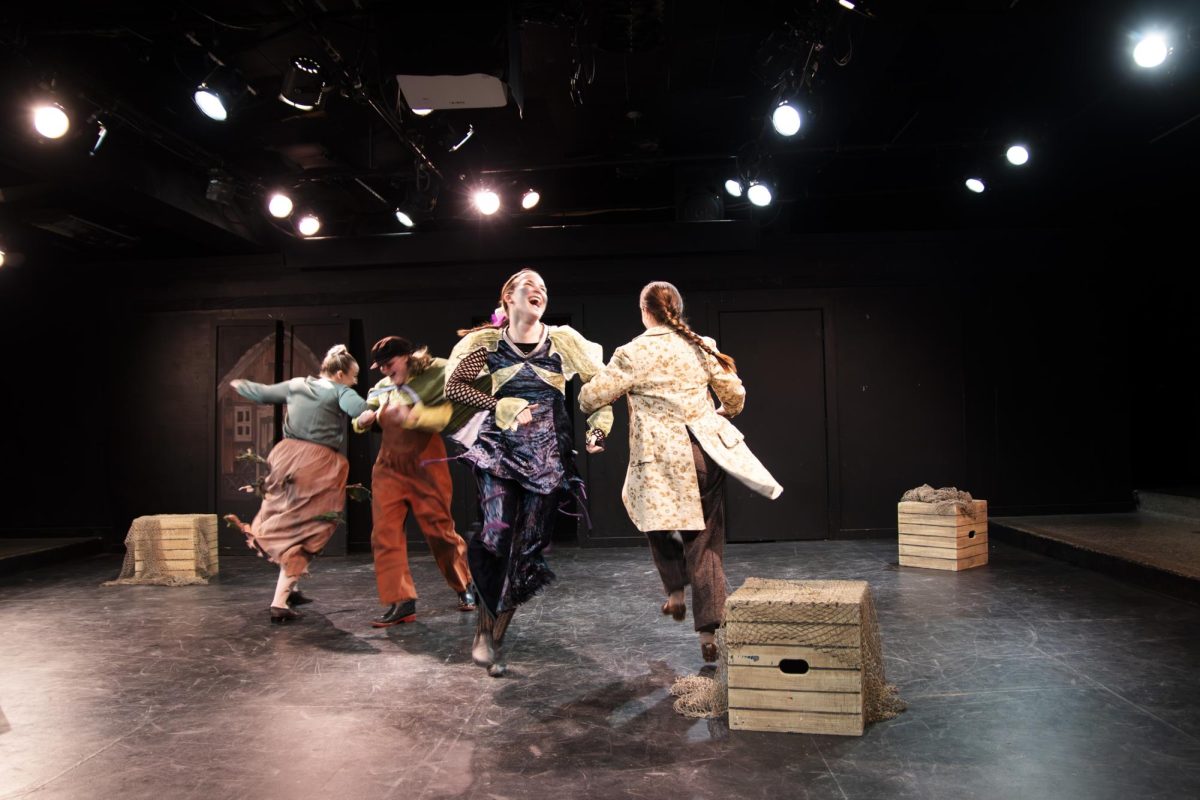The fourth annual Boone Docs Film Festival at the Appalachian Theatre of the High Country highlighted filmmakers from Appalachia and the stories they created about the region Saturday from 2-5 p.m.
The eight chosen films, which were screened to an audience of over 100, featured a variety of topics.
The first film screened, “Appalheads,” was created by Scott Faris and followed the story of an Eastern Kentucky store dedicated to teaching the process of filmmaking. The second, “A Lost Home,” was created by junior electronic media and broadcasting major Chris Jimenez, Luke Blankenship and Gabriel Cambre, and focused on the impact and aftermath of Hurricane Helene.
“My Mother’s Table,” created by Emily Hofelich, Tricia Fulks Kelley and Ginny Whitehouse, explored the contributions made by women to the community through the art of cooking and making food. “Zane,” created by Jillian Carney Howell, tells the story of Zane Hutchison and his mother Ann Wilkinson and their journey of finding an accessible and accommodating job for Hutchison, who has an intellectual disability.
“A Runner’s High” by Cameron Wilson followed the story of Kallup McCoy, a Native American athlete, and facing challenges, such as addiction and incarceration. “Marble Madness,” created by Zack Harold, tells the story of the community created through a pastime of a game of marbles for students in Boone County, West Virginia.
“A Nest of Singing Birds” by Aarionna Clackler explored one community’s ties to the art of ballad singing and the community created around it, and “Sweet Press,” created by Laura Iancu, follows a couple who engages in the tradition of sorghum pressing.
Tom Hansell, co-director of AppDocs and a professor of Appalachian studies, was involved in the selection and organization process of the event. He said the goal of the event is to shine a spotlight on those in the Appalachia community.
“Boone Docs is a film festival that celebrates life in the Appalachian region,” Hansell said. “In particular, we tell stories that might dispel stereotypes and kind of show the richness of culture, life, the diversity of cultures that have been part of these mountains.”
Hansell said Boone Docs started as a short film competition where eight films were selected and showcased, but this year, the event featured a program held Friday for a showing of “How to Sue the Klan” which followed the story of a court case and five women’s efforts to hold members of the Ku Klux Klan accountable, as well as a local filmmaker showcase which featured four local filmmakers and their pieces.
The selection process, Hansell said, requires filmmakers to submit their work, where a team of judges, which includes Hansell, watch the films and rate them. The top-rated films are then selected for the program.
After each block of showings, which consisted of four films each, a Q&A session was held. After the first four films, Hutchison, Wilkinson and Jimenez were asked a series of questions related to the documentary process.
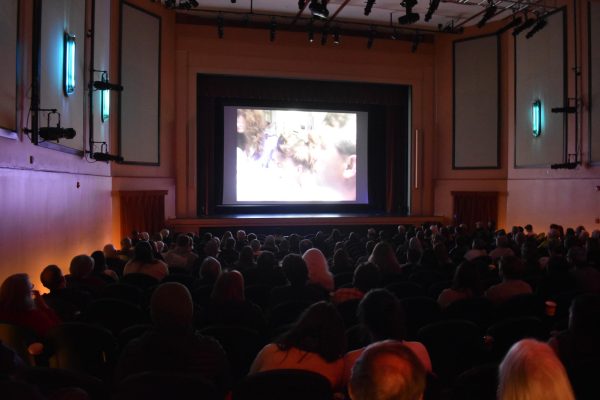
Hutchison and Wilkinson, who were the subjects in the documentary “Zane,” were asked about what the process of working with Howell was like. Wilkinson said at first, the process was uncomfortable, but since Howell was a childhood friend of Hutchison, she worked to ensure everybody was comfortable during the filming process. As the interviews for the documentary progressed, Wilkinson said the process became much easier.
During the Q&A, Hutchison offered advice to filmmakers creating documentaries and working with people to gain their perspectives for their films.
“When you’re trying to be in film, do your best, and you can do anything,” Hutchison said.
Jimenez, creator of “A Lost Home,” talked about the process of creating the film during the session, which he started working on immediately after Hurricane Helene and completed before the end of the fall semester. He said before taking the class, which he created the film for as a project, he had never picked up a camera.
Jimenez said he felt compelled to make the film after seeing the impacts of the hurricane, wanting to offer those affected a way to speak about their experiences. He said his professor encouraged him to submit the documentary to Boone Docs.
“It would have just been a class project, and I would have left it at that,” Jimenez said.
Ian Mccoy, an attendee and sophomore sustainable development major, went to Boone Docs because his friend’s film was being featured in the local film block.
“It’s really cool to see a lot of this Appalachian culture, and to see it through other peoples’ eyes and how they experience it over the course of a long period of time,” Mccoy said.
Sarah Dietz, a senior electronic media and broadcasting student, came to the event last year and decided to return for the new lineup of films.
“It was a really great experience,” Dietz said. “Hearing people, seeing people made by people in Appalachia, for people in Appalachia, about people in Appalachia.”


